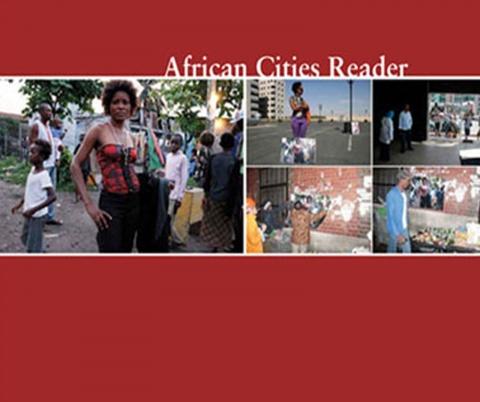At The Shrine. Reflections, Reciprocalities and Reverberations: Fine Art and Music
The fifth edition of the SAVVY Journal for critical texts on contemporary African art will explore the influence of music on contemporary art practices and map interfaces between visual media, fine art, and music in the African and African diaspora context. The title of this collection, “At the Shrine” is a reference to Fela Kuti‘s Shrine Nightclub and concert venue; a cultural space and an epitome of a social sculpture. This music venue captures our vision of the links between visual expression, music, and critical inquiry.
The mutual relationship between music and fine art, which goes back to time immemorial, manifests itself on different levels. Both artistic languages inform each other in diverse enriching ways. Some of these points of intersection that have crystallized and proven to be ground-breaking in a variety of disciplines in recent decades include, but are not limited to: Performance/ Performativity - e.g. the enigmatic blend of music and performance art, as in the case of Les Têtes Brulées, or the socio-political vigour channelled through the audio and visual of Fela Kuti’s music, which has since been an important source of inspiration for many visual artists; Photography - e.g. the presence of James Brown’s music in Malick Sidibe’s photography, the synergy between Johannesburg’s jazz scene and a whole generation of Drum photographers, or the field of music portraiture championed by the likes of Samuel Nja Kwa; Video - ranging from video art, as in the case of Goddy Leye’s “We Are The World”, to music video clips featuring a variety of musical styles from Azonto, through Coupé Decalé or Kwaito to Rai that have completely transformed the production and consumption of popular culture in Africa; Illustration, Patterning, and Painting - which have been essential in the making of outstanding record covers and album posters; the interconnectedness between music and fashion design; the influence of the likes of Sun Ra on Afrofuturism; Experimental Composition and Sound Art as in the case of Emeka Ogboh;Theatre/ Theatricality - the links in popular theatre traditions between multimedia theatre groups that rely on popular music bands and sign-board painters, such as in Ghanaian and Nigerian Concert Party traditions; Electronica - artists, musicians are creatively reusing music software, online resources, and mobile phone technologies to refigure older styles of music, dance, communication and visual imaging. Some of these forms are explicitly understood as art while others are ephemeral forms of expression. Street Art – graffiti, spoken word, poetry, street dance are forms that link musical, political and counter-cultural expression.
This edition of SAVVY Journal is not intended as an anthology of music and fine art. Instead, we ask contributors to investigate where disciplines meet, how genres are demarcated, and what emerges from their various encounters, as well as explore the nexus between performativity, fine art, music and technology. Indeed we are concerned with the ways in which ideas of genre and modality are themselves made and unmade in artistic practice. We are interested in articles on the role of sound appropriation in the conceptualisation of art works and of visual aspects in the creation, performance and consumption of sound and music.
Furthermore, this edition will explore and identify those artists who, using various textures and formats, work on this crossroad of sound and vision. Also, from a more general point of view, we are interested in reflections on how the encounter of image and sound in popular music has influenced culture and society. The impact of soundtracks on social and political movements on and beyond the continent would be another fascinating topic.
For this edition, the SAVVY Journal editorial will be enriched by the following guest-editors:
Dr. Hauke Dorsch (African Music Archives, Mainz), Ntone Edjabe (Chimurenga / Pan African Space Station, Cape Town) and Prof. Jesse Weaver Shipley (Haverford College, Philadelphia).
We invite essays from writers of all backgrounds - artists, curators, art historians, and theoreticians, scholars - not exceeding 3500 words in length, discussing the above mentioned or related issues.
Additionally, we are interested in more general articles such as artist-features, exhibition reviews and previews of circa 1500 words.
For more information please visit www.savvy-journal.com
Submissions to: editorial@savvy-journal.com
Deadline: 15th August 2013

